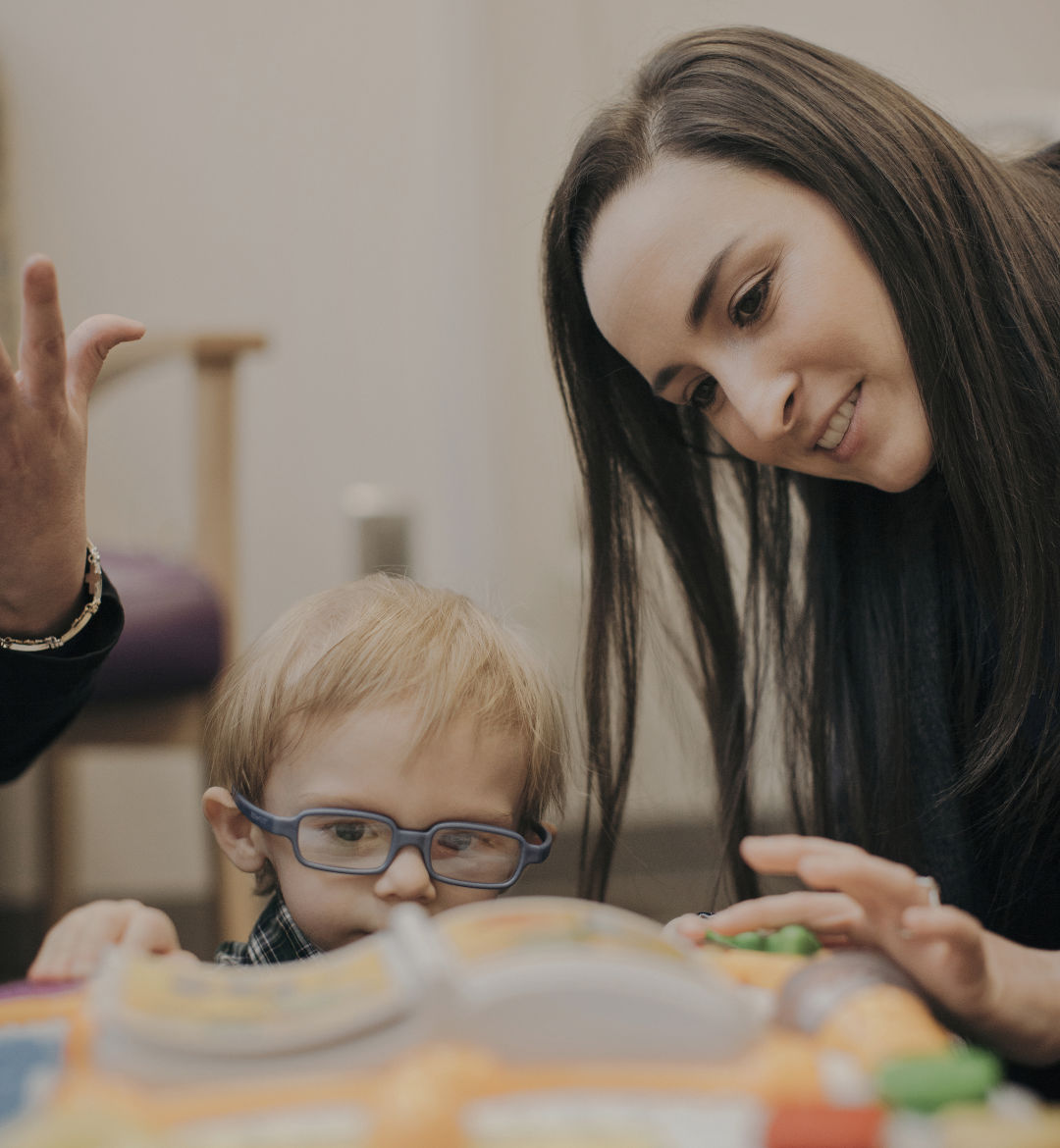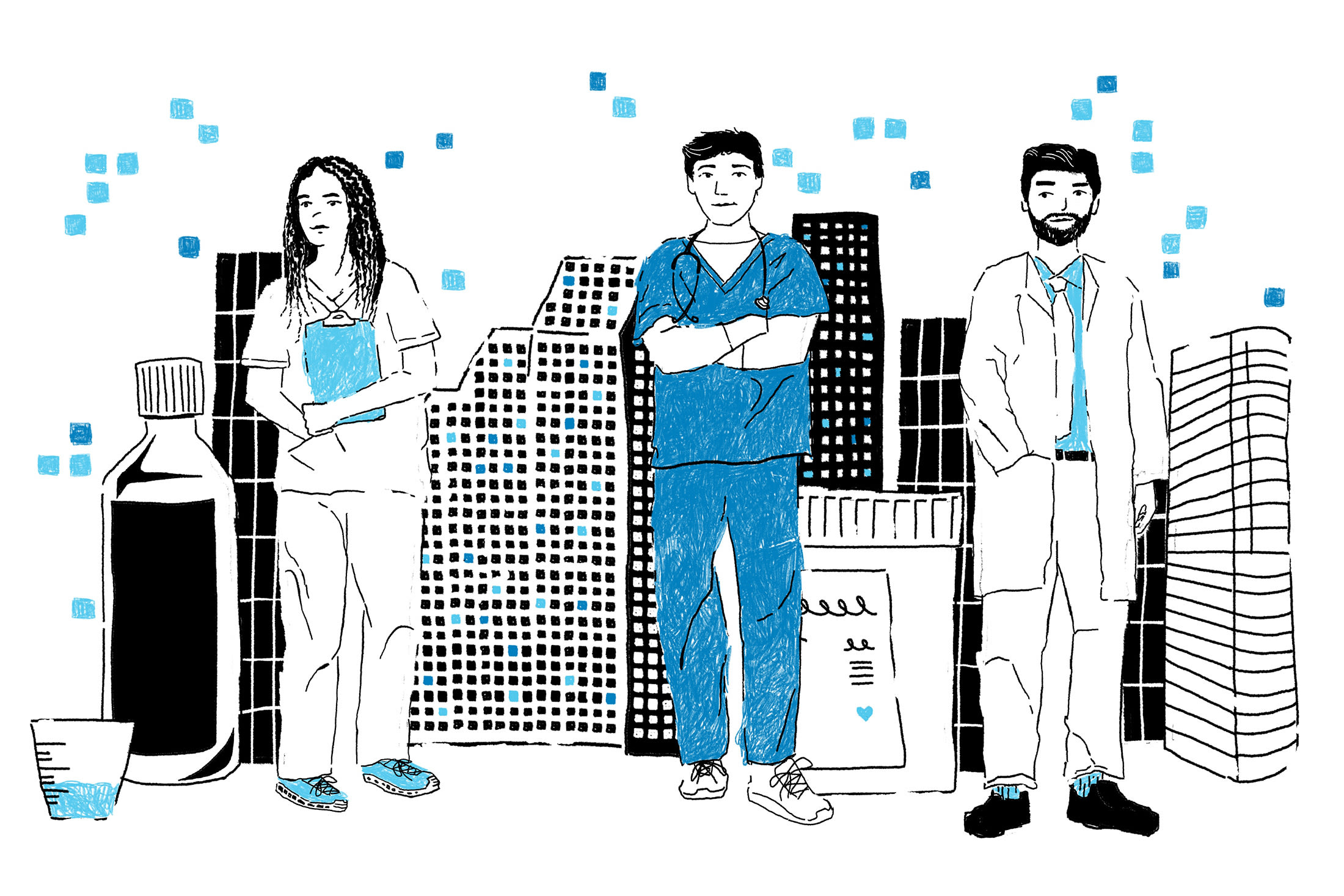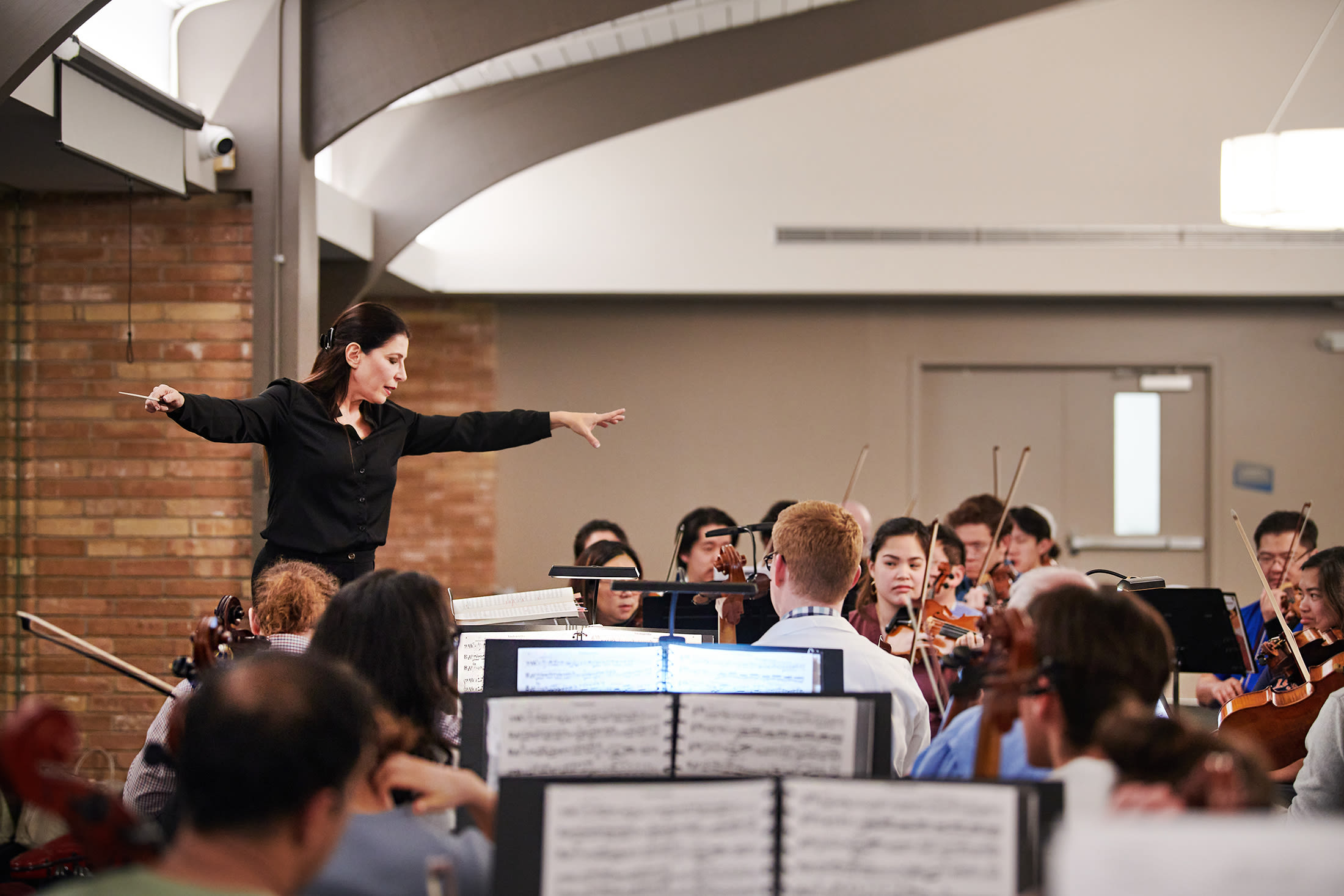Beefing Up to Beat Cancer

Image: Todd Spoth
When your 16-month-old child is battling an inoperable brain tumor, the tiniest victory is cause for celebration. That’s why Karen Garmon is all smiles as she sits in a treatment room at Texas Children’s Hospital (TCH): her son Charlie has gained weight. Twenty grams, in one week, to be exact.
When he was nine months old, Charlie began to lose weight, despite the fact that he was continually eating. “It went on for months,” Garmon recalls, “until he was skin and bones.” After a trip to Texas Children’s ER last August, Charlie was diagnosed with a pilocytic astrocytoma, a type of juvenile brain tumor that can cause impaired vision, hormonal imbalances, paralysis and abnormal thinness.
Charlie’s family learned that surgery wouldn’t be an option, due to the mass’s location near the hypothalamus. In addition, the tumor had unleashed an extremely rare disorder called diencephalic syndrome, which had caused Charlie’s beleaguered body to become hypermetabolic, endlessly burning through calories and his own body fat, even when he was at rest. The only effective treatment, aggressive chemotherapy, left the boy nauseated and vomiting. “He had sunken eyes, loose skin—he was wasting away,” says Garmon. “It was very, very hard to watch.”
For Charlie’s 20 grams of progress, Garmon credits TCH’s Heather Garza, the young woman the boy is presently serenading with shrieks and giggles as he bangs on the keys of his LeapFrog toy piano. “He looks like a little boy again,” says Garmon. “Heather has been one of our biggest blessings through all this.”
Garza, 30, joined TCH’s Cancer and Hematology Center last July, moving to Houston from Austin, where she had worked at the Children's Blood and Cancer Center. A licensed, registered dietitian who’s board-certified in pediatric nutrition, Garza describes her work as “medical nutrition therapy,” which makes treatments for cancer, blood disorders, and other illnesses more effective, and improves overall patient health.
“Before Heather, we would always encourage families to consult with an outpatient dietitian, which didn’t always happen because they were already overwhelmed,” says ZoAnn Dreyer, the co-director of TCH’s Long Term Survival Clinic. “Now, with Heather on site, we can address serious issues immediately, before the patient even leaves.”
Garza became interested in childhood nutrition a decade ago, after her nephew was born with a congenital heart defect. In her world, food is medicine. “Kids who’re malnourished just don’t respond well to treatment,” she says.
To help patients—who range from infants to young adults—get what they need, Garza provides advice on appetite-stimulating medications, as well as the interaction between foods consumed and therapy prescribed. And she works to foster a healthy, long-term attitude toward food.
In Charlie’s case, supplements have helped him progress. These are not only expensive but denied by his parents’ insurance, so family members and anonymous donors have stepped in to supply them. Charlie’s life will be full of challenges, but his family’s prepared to face them. “The tumor isn’t operable or curable,” says his father, Heath Garmon, “but it’s not terminal, and it’s manageable. The doctors say these kids can have a relatively normal life.”
As for Garza, she can’t wait to put even more pounds on the boy. “I just want these children to stay well-nourished and continue to grow, and to help them feel as if they weren’t even going through treatment,” she says, flashing a smile at Charlie. “I want them to experience life to the fullest and have little celebrations every day.”




